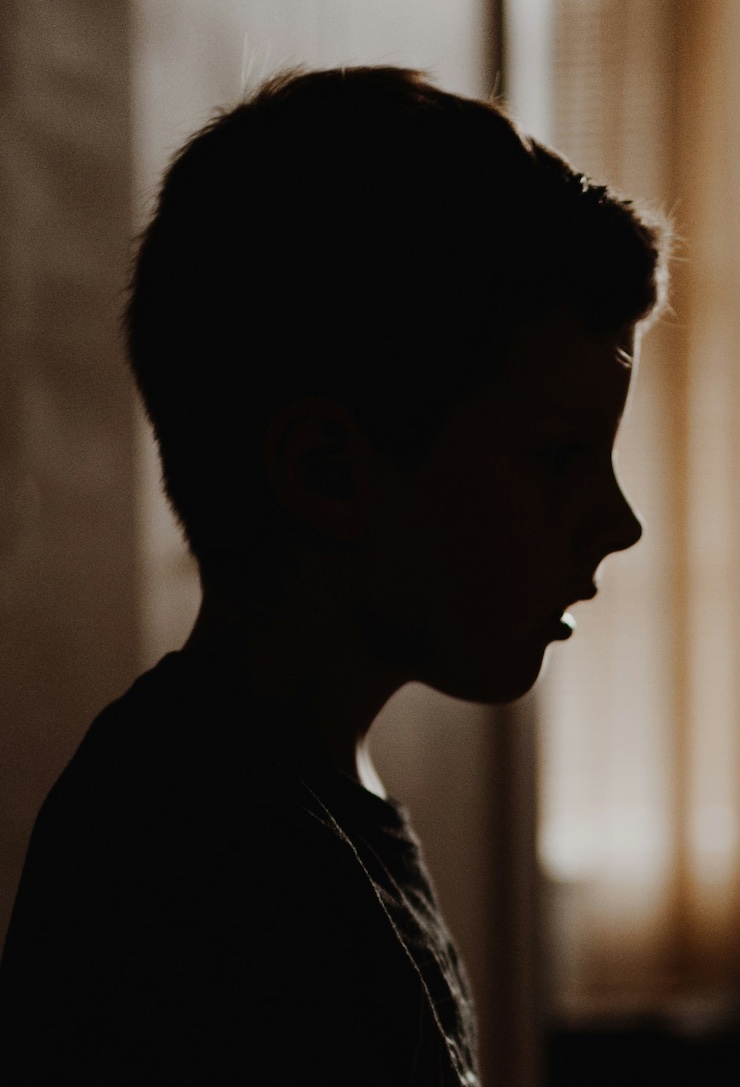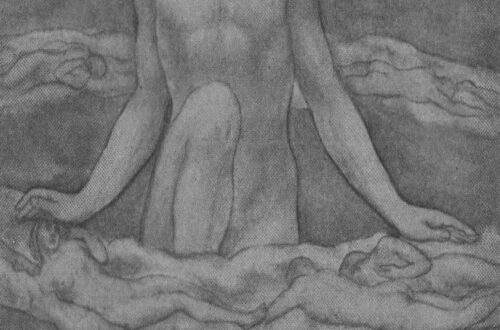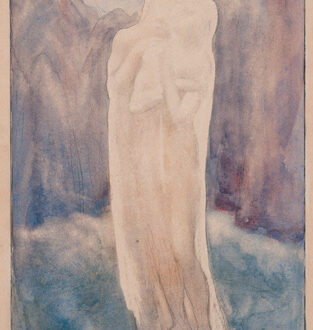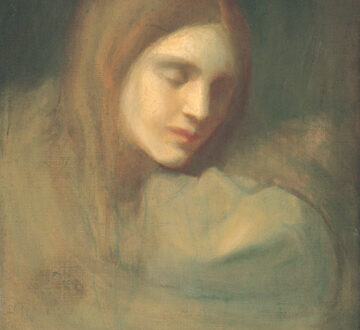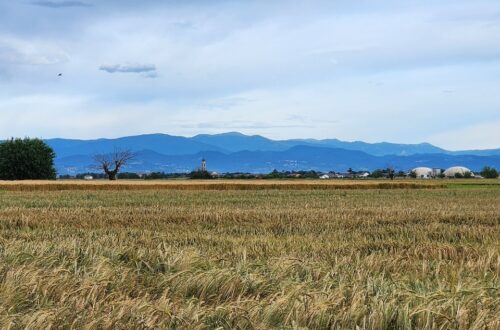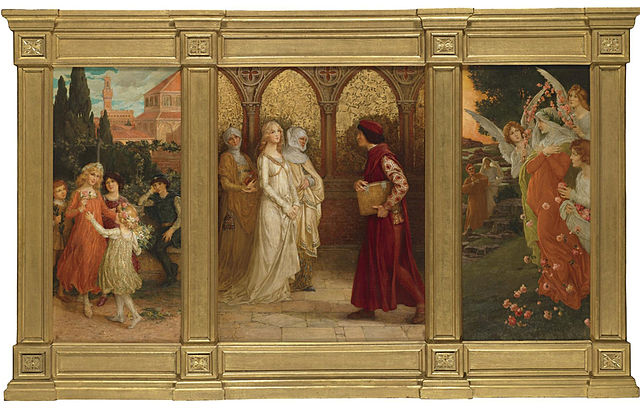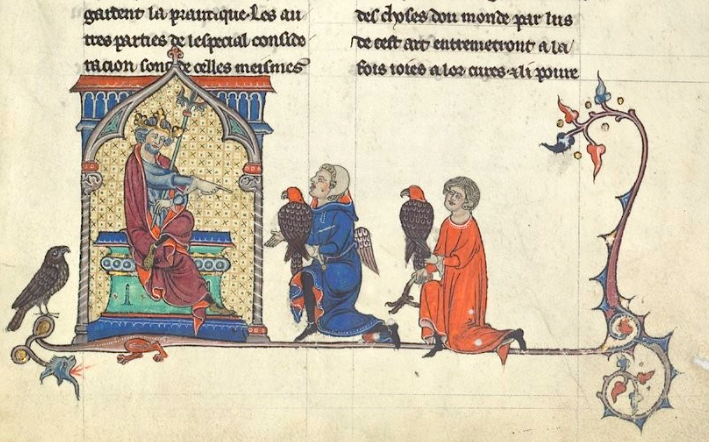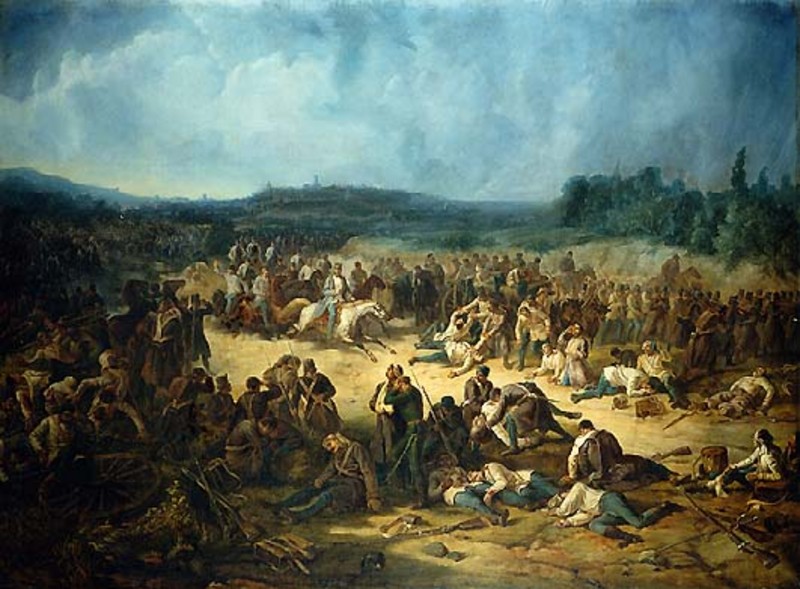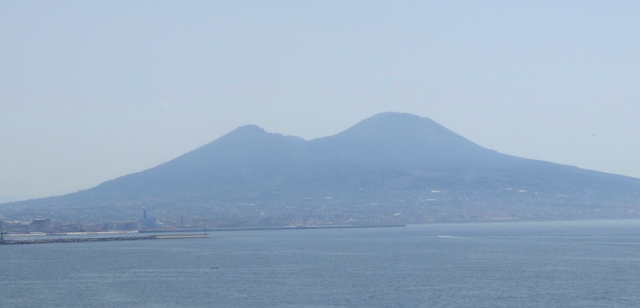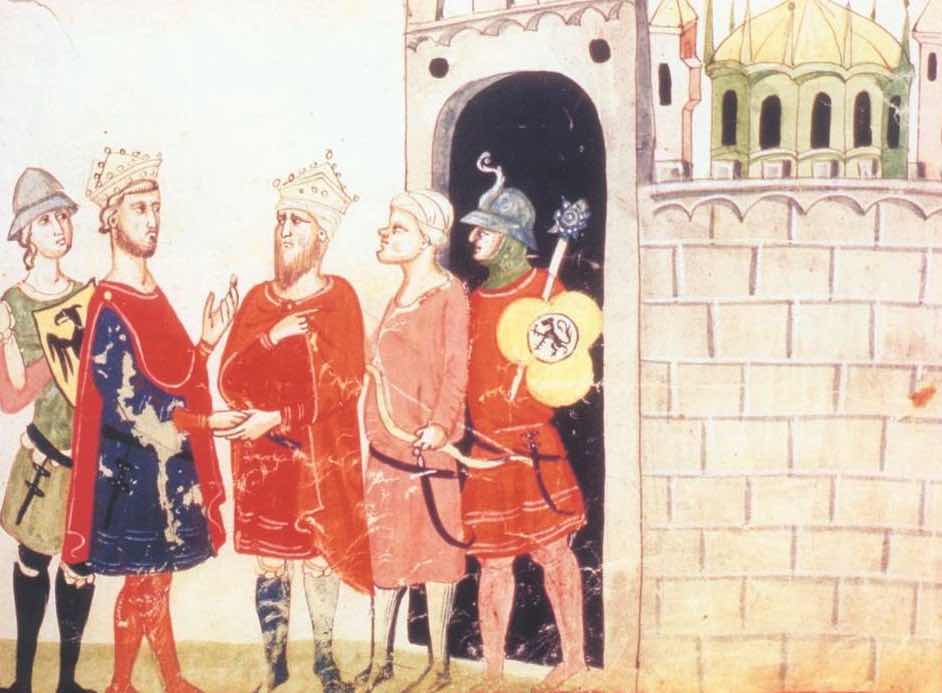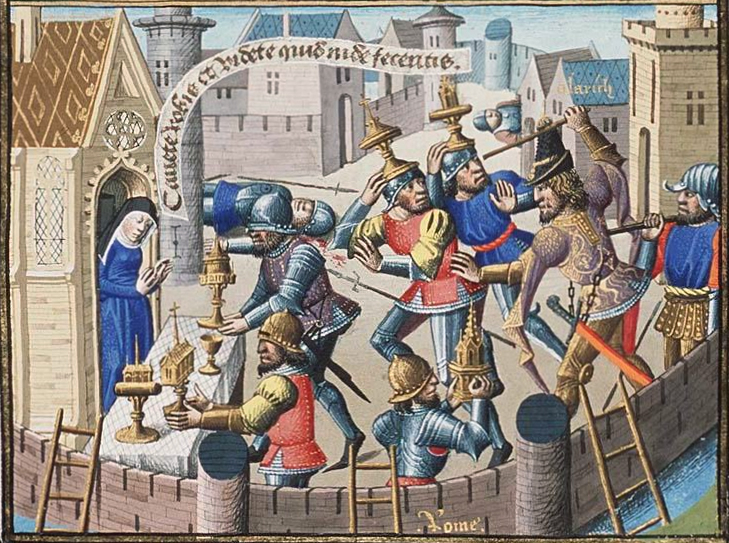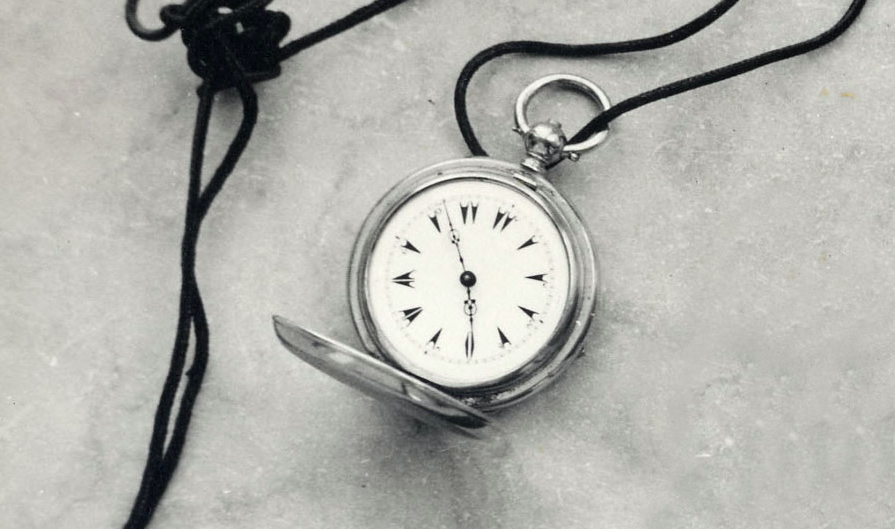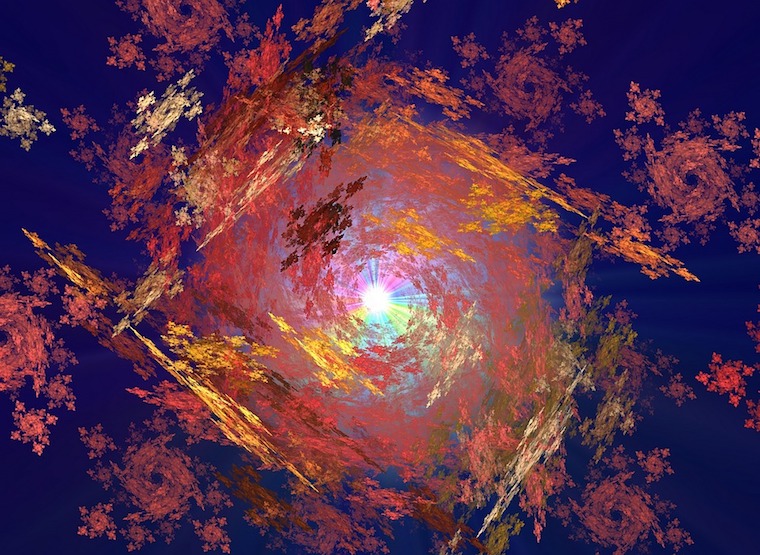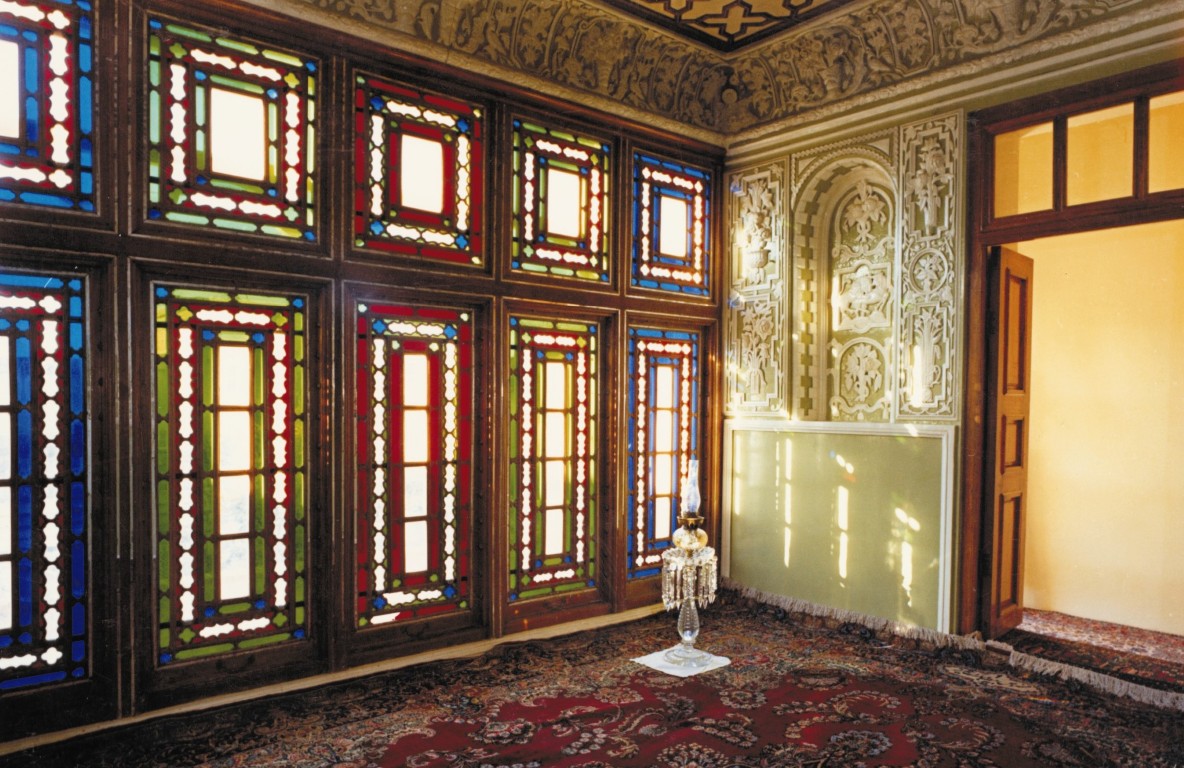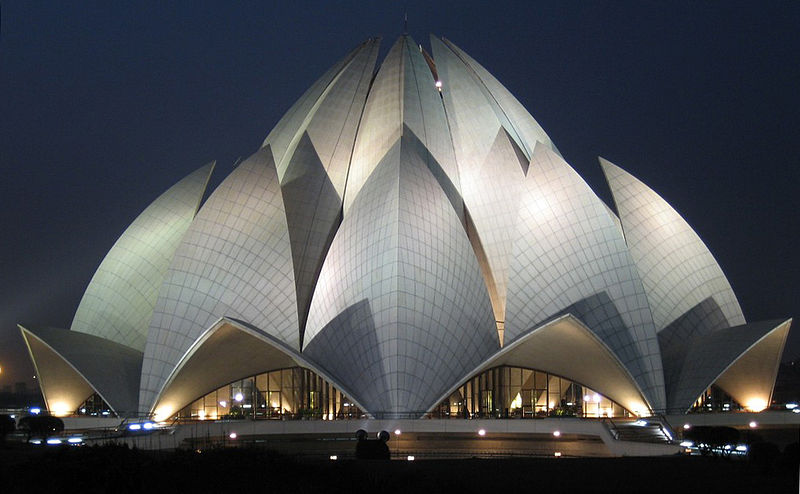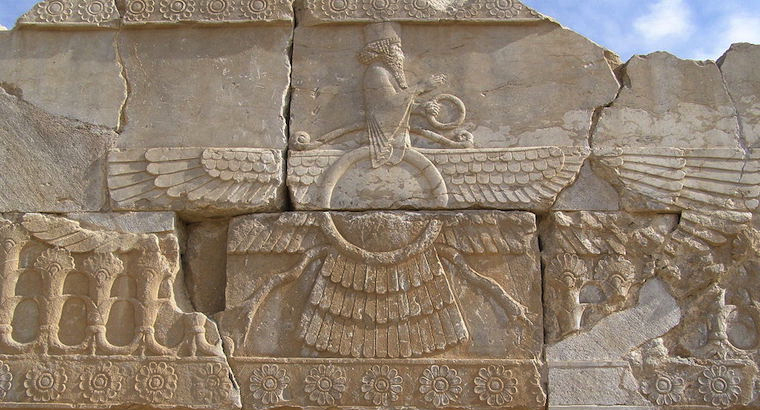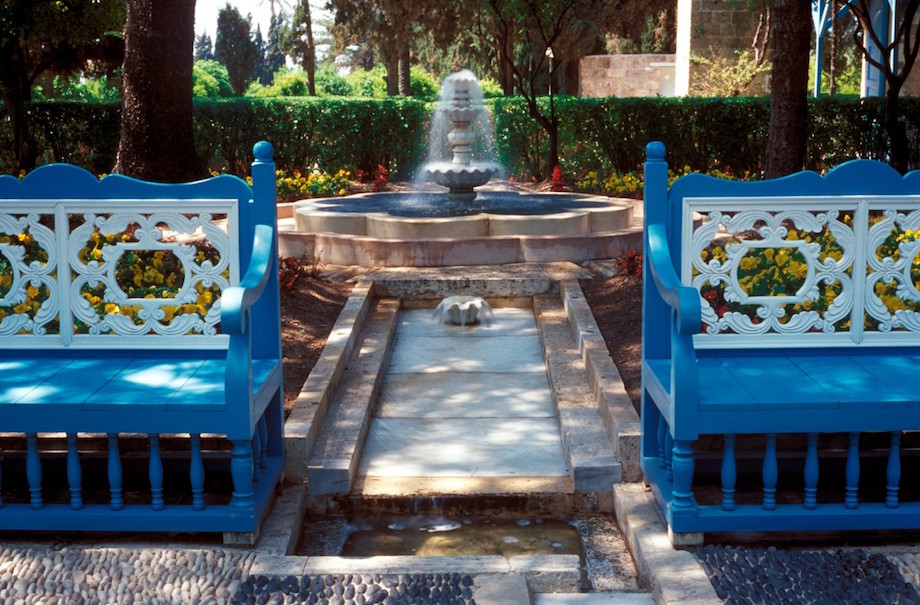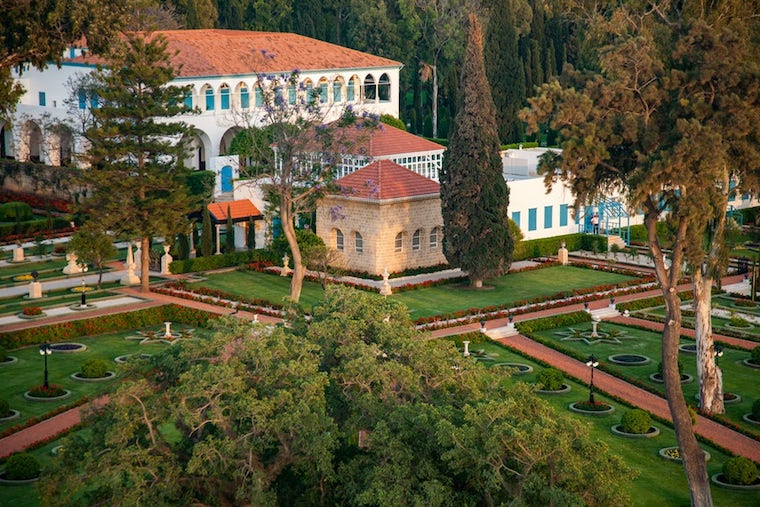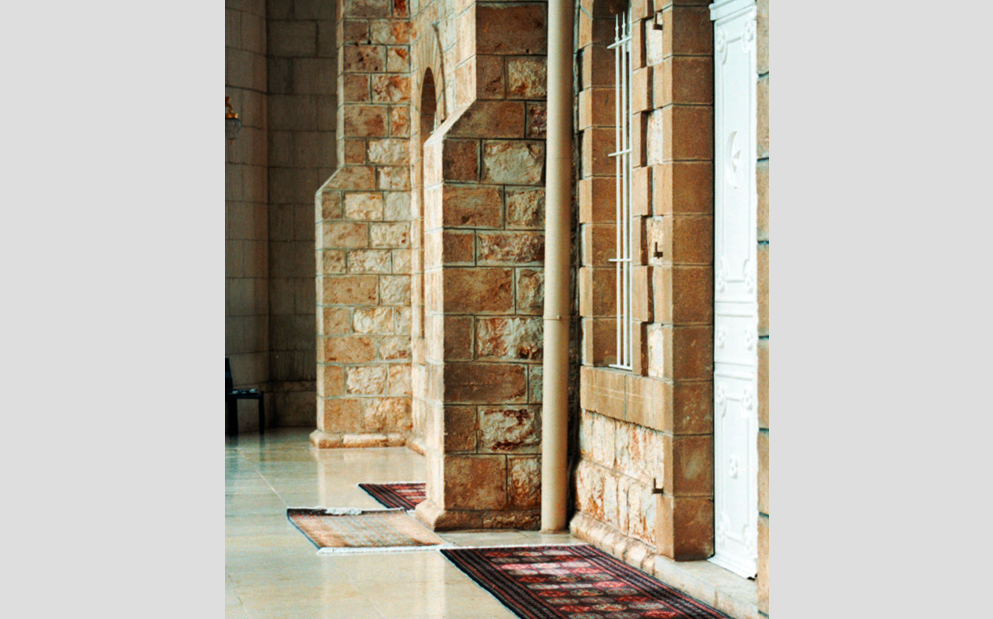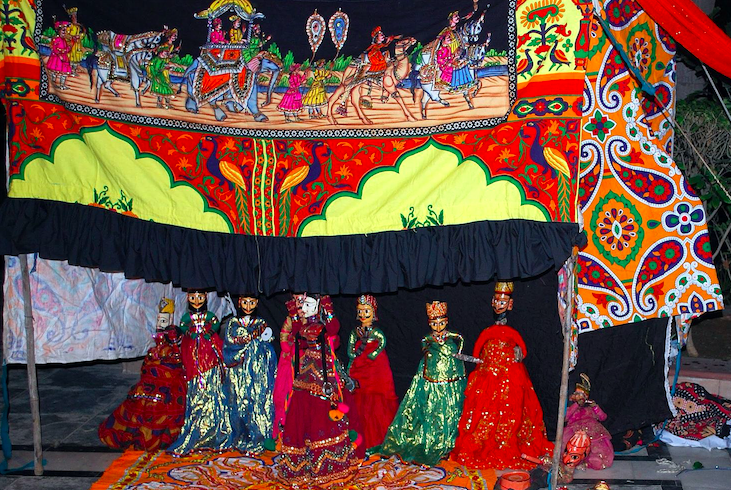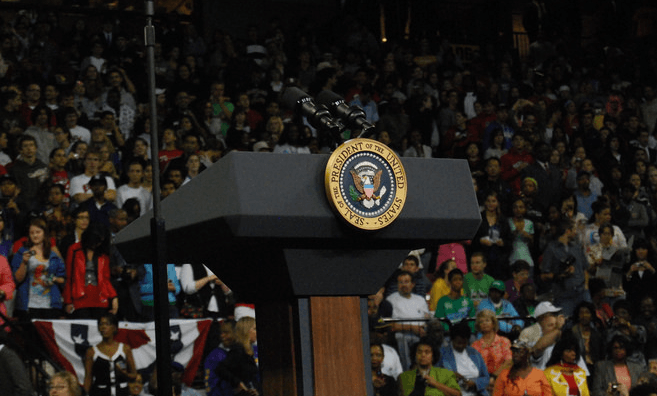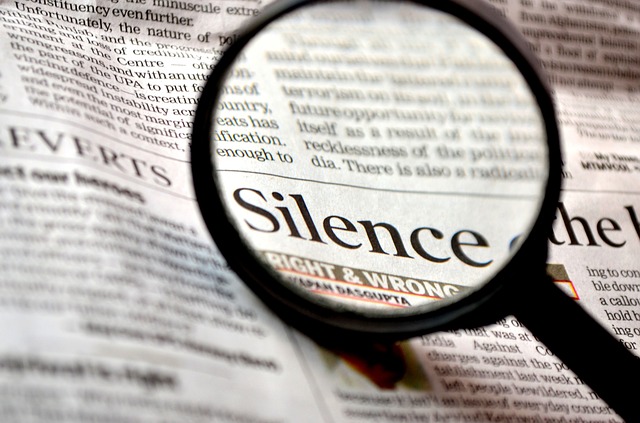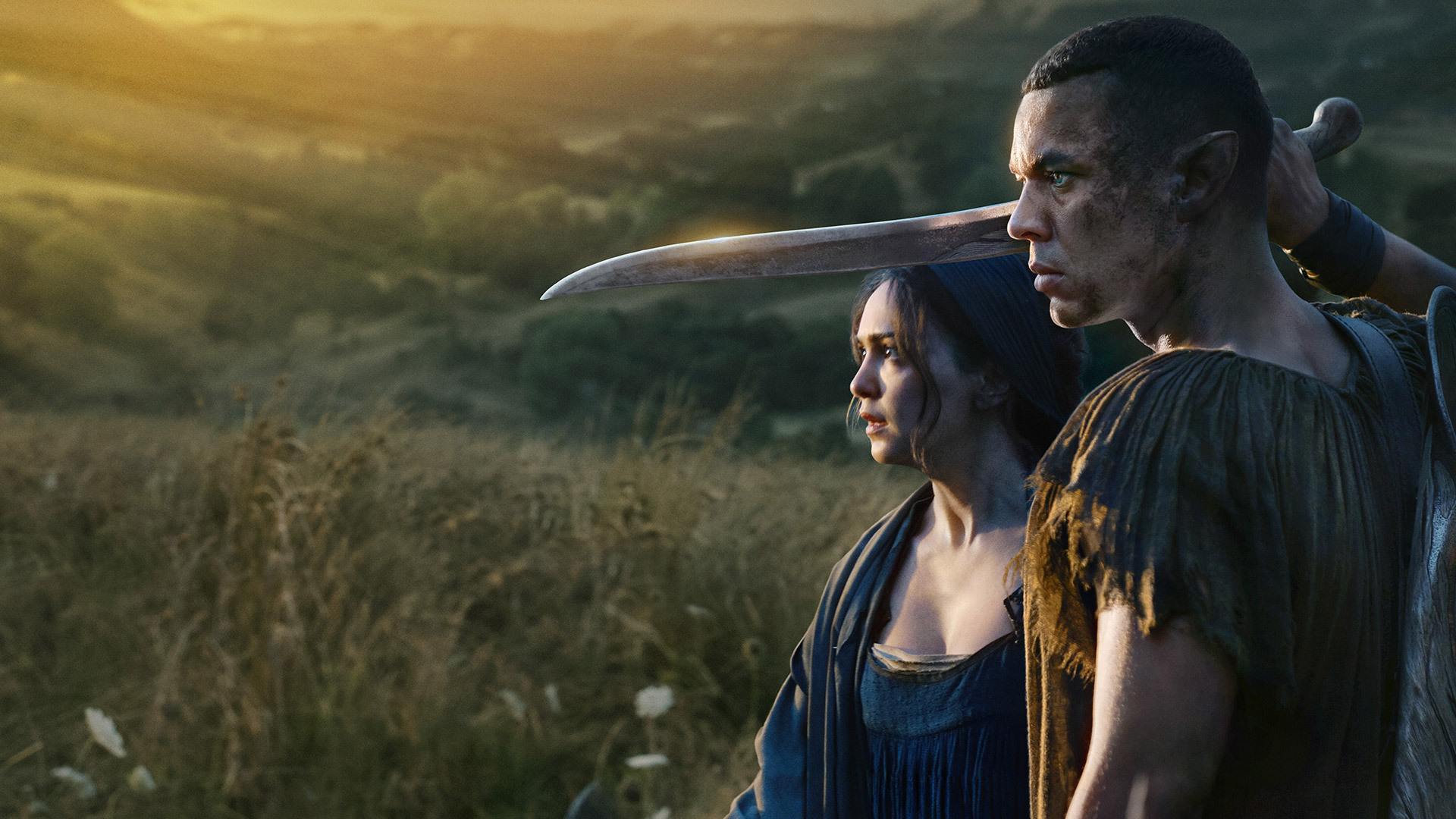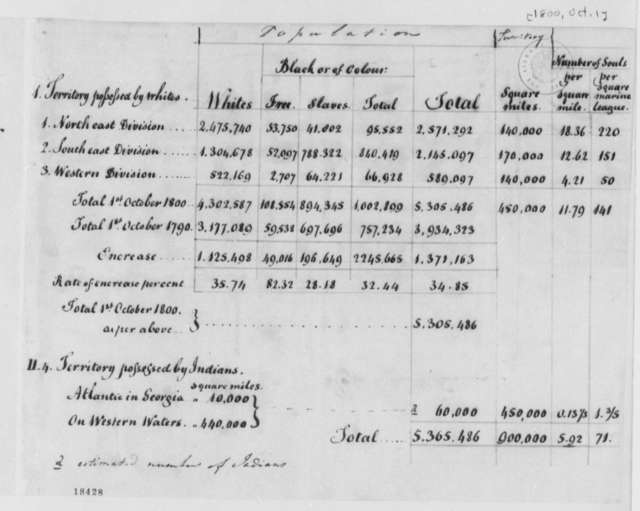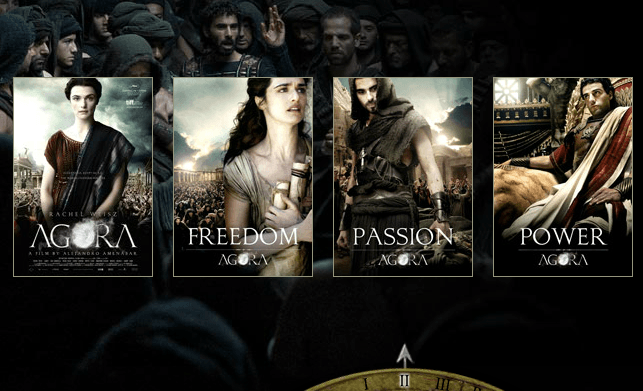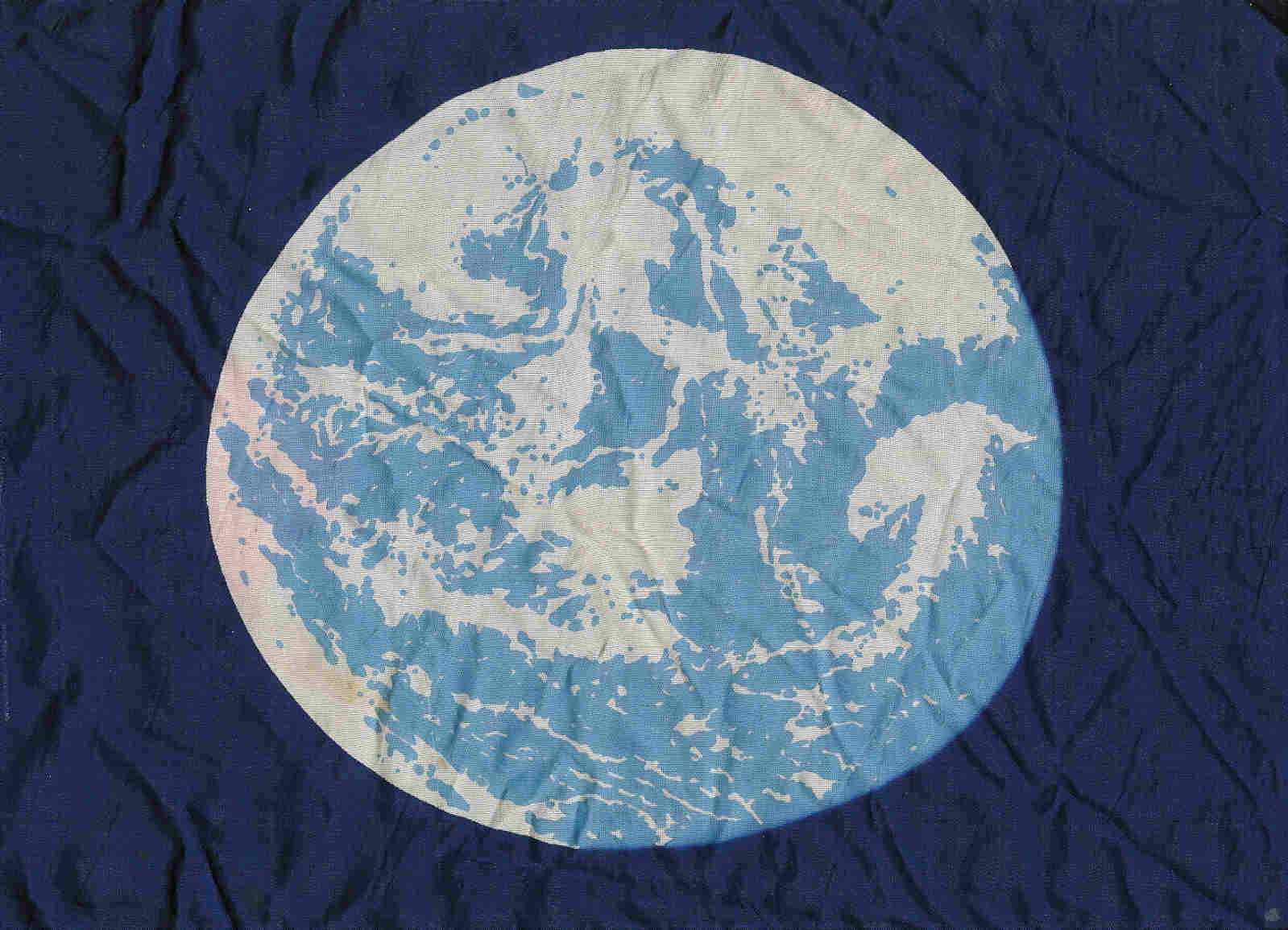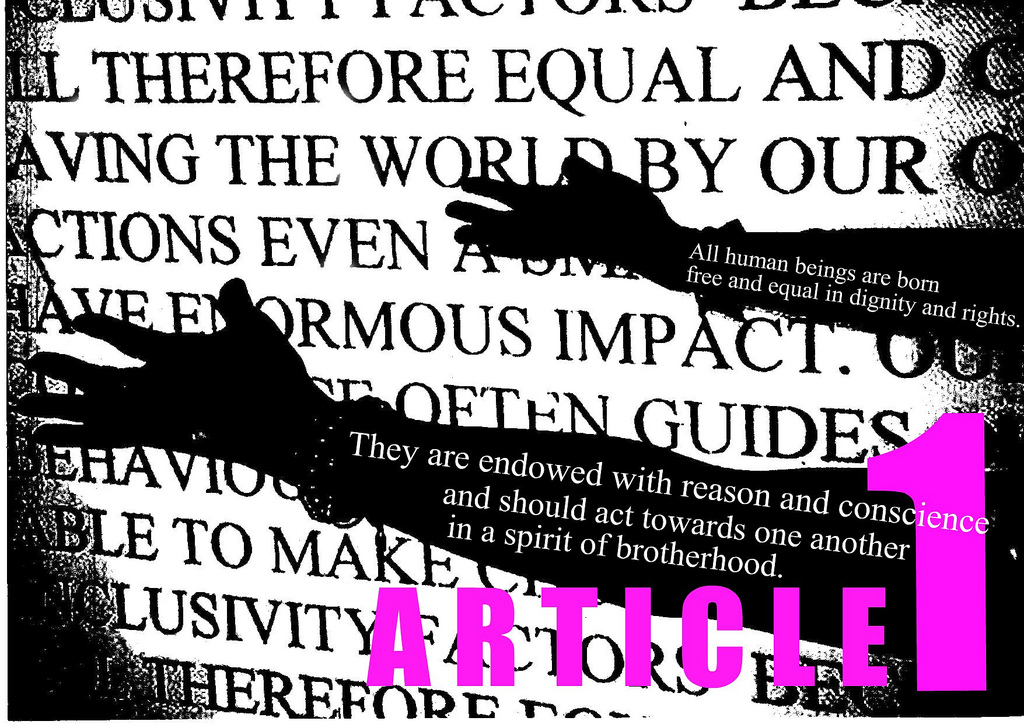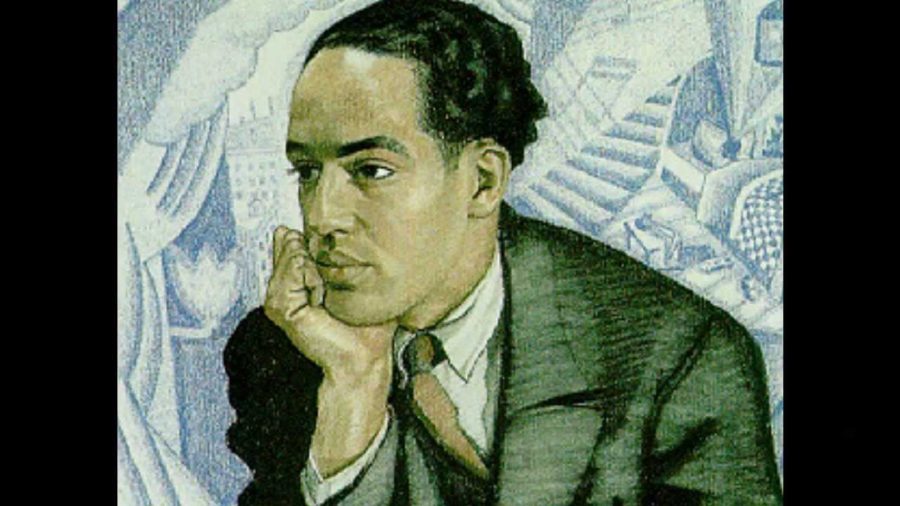-
Darkness and Light: May Ziadeh and the Child’s Destiny
May Ziadeh’s poetry is evocative and striking. Her poem “The Child and I” is a notable example, and has a particular poignancy. The poem, which first appeared in her collection Darkness and Light 1923 (ظلمات وأشعة), tells the story of a conversation between a small English boy and an Egyptian or Arab woman. The poem was perhaps inspired by May Ziadeh’s thoughts during a real interaction, as it is told in first person. It occurs near the Nile, and we must imagine the encounter occurring at sometime in the 1910s or 1920s, when the British were the colonial power in Egypt. As we shall see, the poem begins with specifics…
-
Salvatore Quasimodo: Uomo del mio tempo – Man of my time
Uomo del mio tempo Man of my time Sei ancora quello della pietra e della fionda, uomo del mio tempo. Eri nella carlinga, con le ali maligne, le meridiane di morte, t’ho visto – dentro il carro di fuoco, alle forche, alle ruote di tortura. T’ho visto: eri tu, con la tua scienza esatta persuasa allo sterminio, senza amore, senza Cristo. Hai ucciso ancora, come sempre, come uccisero i padri, come uccisero gli animali che ti videro per la prima volta. Still, the stone and sling rest easily in your hand Man of my time. There you were in the cockpit, on wings of evil, casting meridians of death, I…
-
“Tutti fratelli”: Solferino, Italy and Humanity’s Wounds
Henri Dunant had come to Italy on business. But when he arrived in northern Italy he instead witnessed the Battle of Solferino. Here the armies of the French and Austro-Hungarian Empires and of the Kingdom of Sardinia were engaged in a great battle to decide who would rule in the Po Valley (a crucial step in the birth of Italy as a country). When Henri Dunant saw the tens of thousands of wounded in the fields after all was over, his heart filled with compassion for his fellow human beings. He organised care for the wounded. Realising the need, he went on to contribute to the founding of the International…
-
Human Nature and the Temple at the Dawn of Time: Gobekli Tepe
In the last twenty or so years archeologists have excavated a temple that was built so long ago that no human being had yet thought of planting a crop. It was built so long ago that only stones and bones were used to create it and the many works of art that adorn it. The temple was built before the wheel, before animal husbandry and before the creation of pottery. It precedes large scale government. It precedes the invention of armies, cities and empires. It was created by people who hunted and gathered to collect their food. The temple’s scale forces us to rethink everything we thought we knew about…
-
Balancing Material and Spiritual Civilization
“No matter how far the material world advances, it cannot establish the happiness of mankind. Only when material and spiritual civilization are linked and coordinated will happiness be assured. “[1] With these words Abdu’l Baha introduces another of the great principles of Baha’u’llah’s teachings. In short – that true civilization implies a balanced progress of material and spiritual – with neither predominating. The immediate implication of this balancing of the material and spiritual is in the realm of human activity and human relationships. Then material civilization will not contribute its energies to the forces of evil in destroying the oneness of humanity, for in material civilization good and evil advance…
-
Civilization and its Excesses
Bahá’u’lláh called on all human beings to work for the advancement of civilization, yet he also warned of the danger of carrying civilization to excess. All men have been created to carry forward an ever-advancing civilization.[1] And yet: If carried to excess, civilization will prove as prolific a source of evil as it had been of goodness when kept within the restraints of moderation. Meditate on this, O people, and be not of them that wander distraught in the wilderness of error. The day is approaching when its flame will devour the cities….[2] Bahá’u’lláh wrote in the 19th century. His insight of the approaching danger saw far ahead of his contemporaries, who tragically could not see the appalling dangers ahead. The following is from an…
-
Electing the President
There is something fascinating about the “contest” which elects the President of the United States. The 2016 election is no exception. Candidates who weren’t imagined before the election year have come to the fore and with them the discourse and the “contest” has been thrown open. Issues of gender are right on the surface. And the fact that a women has never been elected as President is one of the issues. Gender issues are present in other ways. Women’s bodies and women’s rights have repeatedly surfaced as a political football. Issues of race are prominent, who is allowed to belong – who needs to be locked out. Who can claim…
-
Agora movie – seeing ourselves through an alien past
The movie Agora (director Alejandro Amenábar) is not history, but perhaps, it rises to allegory. It is well worth watching, despite its ‘interpretative’ approach to history. It is a movie which captures deeper truths about human relationships and its fictionalized past helps us understand the challenges of our conflicted present. The struggles of Agora’s characters are enriched by Dario Marianelli’s haunting film score and the movie’s epic intellectual and scenic setting. Agora takes us to the unfamiliar world of fourth century Alexandria. It is a world being overtaken by change. Certainties of a pagan past are fading as new Christian ways of being emerge. It is a world beset with…
-
Universal Declaration of Human Rights 2048
Will the future of human rights look like this? After a century of unimaginable suffering in which hundreds of millions of human beings lived in slave like conditions; wars killed millions; millions more fled – many condemned for generations to squalid “refugee” camps; millions starved; where national democracies collapsed under the weight of sectional interests and armed conflict and the environment was stripped of sustainability for wealth for the few, humanity amended the Universal Declaration of Human Rights and issued the new Universal Declaration of Human Rights 2048 Now, Therefore THE GENERAL ASSEMBLY, the directly and democratically elected representatives of all humanity, proclaims THIS UNIVERSAL DECLARATION OF HUMAN RIGHTS 2048 as a…
